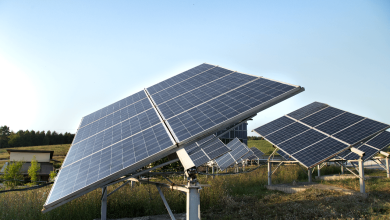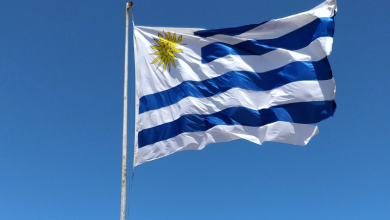Are Grants Enough to Fight the Climate Crisis?

Developed countries are dishing out funds to vulnerable and developing nations to help fight the climate crisis. Small islands are borrowing billions of dollars to rebuild and protect the livelihoods of their citizens. But as the scale and intensity of climate change accelerates, their fiscal flexibility is fast eroding.
As such, vulnerable nations are calling for climate aid to be debt-free, grants. They argue that they haven’t created this mess and don’t want to be drowned with more financial burden. According to the IPCC report, widespread and rapid changes in the atmosphere, ocean, cryosphere and biosphere have occurred. Human-caused climate change is already affecting many weather and climate extremes in every region across the world.
This has led to widespread adverse impacts and related losses and damages to nature and people. Vulnerable communities who have historically contributed the least to current climate change are disproportionately affected. Regions and people with considerable development constraints have high vulnerability to climatic hazards. Increasing weather and climate extreme events have exposed millions of people to acute food insecurity, and reduced water security, with the largest adverse impacts seen in Africa, Asia, Central and South America, small islands, and the Arctic, as well as Indigenous Peoples, small-scale food producers, and low-income households.
But are grants enough to tackle the climate crisis? According to the Organization for Economic Cooperation and Development (OECD), grants made up about 20 percent of all transfers between 2016 and 2020 in the $100 billion-a-year climate funding agreement for developing nations. About 60 percent of the funds disbursed by wealthy countries were for the most vulnerable nations (least developed and island states).
More grant money went toward climate adaptation efforts, such as improving drainage systems, or setting up early warning equipment against typhoons. Fabby Tumiwa, executive director of Institute for Essential Services Reform (IESR) – an Indonesian think tank, says Indonesia’s JET-P deal needs $2 billion in grant funding and not $160 million. He explained its for policy reform and research. “It’s needed to deal with unemployment from closing of coal plants and coal mines, where 250,000 people are directly hired.
“While clean energy projects could pay for themselves by way of future returns, more support is needed because of the pace at which the transition is to happen. Indonesia currently gets under 10 percent of its power from renewable sources, most of which comes from hydropower and subterranean heat.”
Mohamed Nasr, lead climate negotiator for COP27 climate summit host Egypt, believes a global loss and damage fund, to help low-income countries rebuild after climate disasters has to be grant-based or involve extreme, extreme, extreme concessionality, including for long-term reconstruction projects.
Grants are seen as a powerful way to mobilize environmental efforts.



